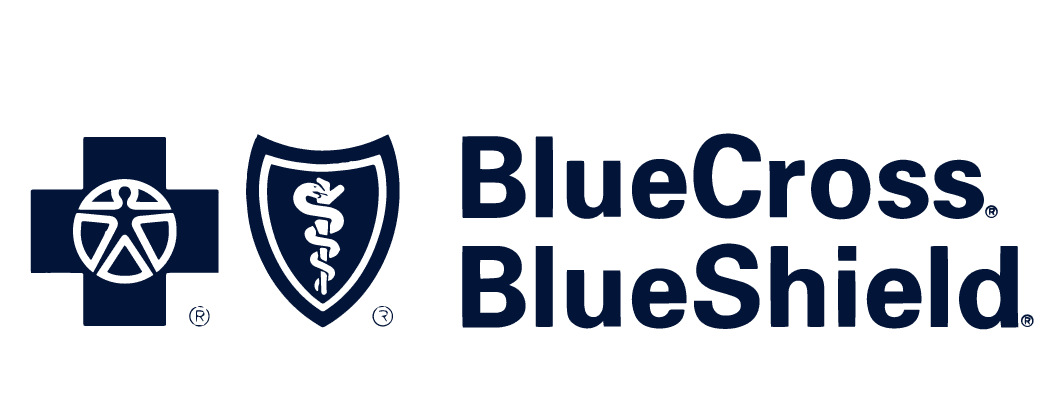Mental Health & Addiction
Our Dual Diagnosis Program
Mental illness and substance abuse disorder often go hand in hand. Whenever someone struggles with both an addiction and a co-occurring mental illness, they are said to have a dual diagnosis. Dual diagnosis requires dual diagnosis treatment to ensure both conditions are addressed and rectified. Without proper treatment, recovery is unlikely.
Dual diagnosis treatment is sometimes called co-occurring disorder treatment or comorbid disorder treatment. All of these terms are clinical terms that describe the presence of a behavioral or mental health condition in addition to substance use disorder.
Many illnesses are present alongside substance use disorder. Some of the most common examples of dual diagnosis is whenever the substance use disorder is accompanied with any of the following illnesses:
Individuals who suffer from any of the illnesses above in addition to substance abuse require dual diagnosis treatment. Often, one condition exacerbates the other, but both conditions worsen each other in most individuals. Only treating one of the conditions increases that individual’s risk of relapse as a result.
We Are here to Help
The relationship between mental health and substance abuse is not fully understood. However, many medical experts have dedicated their entire careers to understanding their relationship between co-occurring illnesses.
If you or a loved one is suffering from a dual diagnosis, it’s important to understand how mental health and substance abuse are tied together to receive proper treatment.
Statistics give us a very clear relationship between mental health and substance abuse. According to the Journal of the American Medical Association, the following is true relating to co-occurring mental health issues and substance abuse:
These statistics show us that mental health and substance abuse problems occur alongside one another frequently. As such, it’s important that individuals who suffer from both get appropriate treatment.
Knowing that there is a relationship between mental illness and substance abuse is not enough. You also have to understand what the relationship looks like and how the two diagnoses impact each other.
Most experts describe the relationship between mental illness and substance abuse as being bi-directional. What this means is that mental illness impacts substance abuse, just as substance abuse impacts mental illness.
For example, many individuals who suffer from mental illness will try to find a way to cope with their symptoms. Without proper treatment, they may turn to substances. In this case, the mental illness directly exacerbates the substance abuse. Conversely, studies have found that substance abuse can exacerbate mental illness by increasing feelings of depression, anxiety, and paranoia. In these cases, the substance abuse exacerbates the mental illness.
Because mental illness and substance abuse can affect each other in both directions, co-occurring diseases are often bi-directional.
That being said, it’s important to understand that most people do not fall into one or the other category exclusively. Instead, the relationship between mental illness and substance use disorder are fluid and impact each other in a never-ending cycle without proper treatment. Due to the fluidity of their relationship, it’s important for both or all illnesses to be treated appropriately.
Failing to provide dual diagnosis treatment for individuals with co-occurring illnesses leads to unsuccessful recovery results. Although the individual may begin recovery while receiving treatment, they likely will relapse once they are in the same environment as before. As such, dual diagnosis treatment is essential for a successful recovery and individuals who suffer from co-occurring illnesses.
Learn more
Because individuals who suffer from co-occurring illness require dual diagnosis treatment, it’s important to select a specialized dual diagnosis treatment in California. Dual diagnosis treatment centers in California are specifically equipped to address substance use disorder alongside mental illness.
Dual diagnosis programs begin with a clinical assessment. This assessment considers the individual’s history with substance use, potential psychiatric disorders, and support system. The idea behind this clinical assessment is to diagnose all present illnesses.
Once co-occurring illnesses have been diagnosed, experts will craft a customized treatment plan to specifically address that individual’s illnesses and specific needs. For most dual diagnosis patients, inpatient treatment is recommended for comprehensive care. Inpatient treatment provides the individual with regular education, daily therapy, and an immersive community for support.
During inpatient treatment, the patient may receive a number of medical treatments, including dialectic behavioral therapy, cognitive behavioral therapy, integrated group therapy, and individual psychotherapy. Depending on the mental illness, medications may be prescribed as well. reatment may also include trauma-informed approaches such as EMDR-based therapies and Brainspotting-based therapies to help address underlying emotional factors that can contribute to substance use and co-occurring mental health conditions.
Once the individual has undergone extensive inpatient therapy, they may then graduate to outpatient therapy. Outpatient therapy is a bridge between inpatient therapy and the outside world. Individuals will still receive comprehensive dual diagnosis treatment while being allowed to adventure to the outside world.
Regardless of whether you start with inpatient or outpatient therapy, the goal of dual diagnosis treatment is to heal the individual holistically. In other words, the goal is to treat all present disorders to ensure the individual has the best chances of recovery possible.
Get Started
We Are here to Help
American BEST Healthcare is a leading provider for addiction treatment in the US. We specialize in individualized, evidence-based treatments for substance abuse, as well as dual diagnosis. No matter what your needs are, we likely have dual diagnosis treatment centers in California that can help you to recover and begin your life of sobriety. We provide options for a wide range of locations and people.
If you or a loved one is seeking dual diagnosis treatment, contact American BEST Healthcare today. There’s no obligation when you call, and we provide confidentiality with every phone call. Whenever you get in touch with us, we will help to find a partnered program that will increase mental health, heal your emotional self, and strengthen your neurological development.
See Your Benefits
American BEST Health works with most insurance providers at our facilities. Our admissions team works around-the-clock to ensure that those that need help have the access to get it. Verify your benefits and one of our treatment consultants will get back to you with more information on how you can get started.












Get Started
Our team is dedicated to your well-being. We offer hope to those who feel lost and empower individuals to build a life of their dreams.